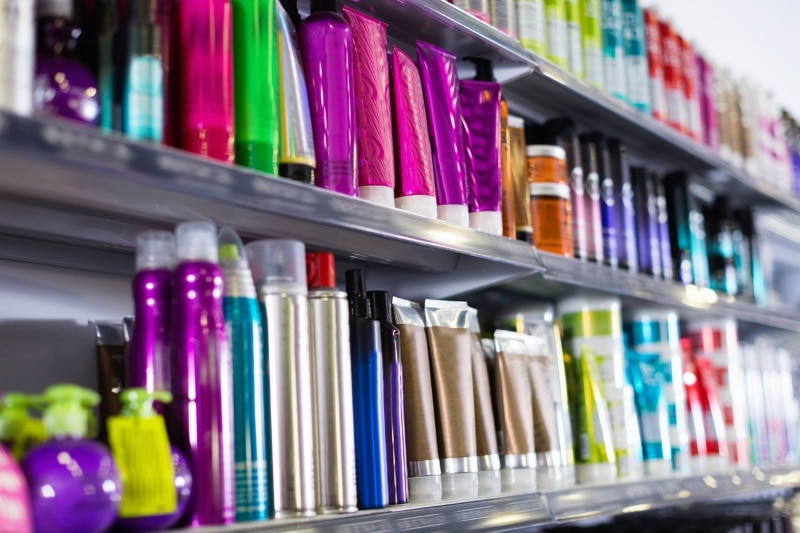For a considerable time, European and American companies like L’Oreal and P&G held a strong grip on Indonesia’s beauty industry. However, in recent times, local customers, particularly the younger generation, have displayed an increasing attraction towards Indonesian labels such as Esqa. These brands provide halal items that are officially verified as adhering to Islamic principles and free from any non-halal components.
Keva Cosmetics International, the owner of Esqa, provides halal makeup comprising vegan components. In addition to online sales, the brand is stocked at outlets like Indonesia’s Sociolla, France’s Sephora, and Hong Kong’s Watsons. Kezia Trihatmanto, co-founder of Esqa, stated that the significant demand for halal items stems from a majority of the population prioritizing halal-certified products in their purchasing choices.
Another Indonesian label experiencing strong growth is Rose All Day Cosmetics (RADC). Established in 2017 and headquartered in Jakarta, this company also offers a line of halal-certified and vegan cosmetics. The company witnessed a fourfold increase in revenue in 2022 compared to the previous year. As of 2023, it is projected to surpass its sales from the previous year by sixfold.
While affluent consumers in Indonesia still favor Western brands, the dominance of these brands has been diminishing as local alternatives gain traction. According to Euromonitor International, Unilever led the Indonesian market in 2022 with a share of 22.5%, followed by P&G with 7.6%, and L’Oreal with 5.4%. However, the combined market share of these three companies has declined from 42.6% in 2016 to 35.5%. In contrast, Paragon Technology and Innovation’s market share has risen from 1.9% in 2016 to 3.1% in 2022.
(Source: Nikkei Asia)

